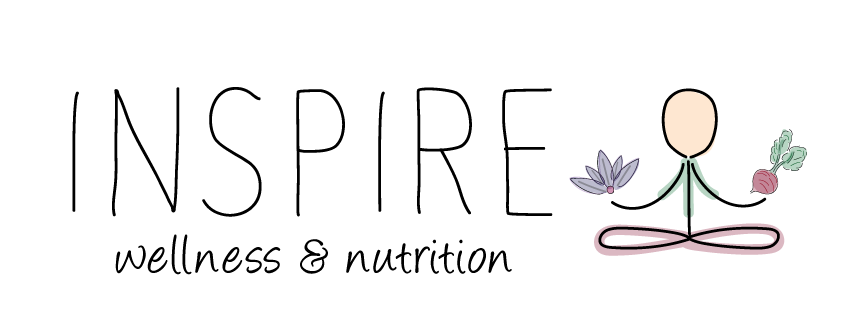Neuroscience tells us that neurons wear pathways in the brain, and when these pathways are repeatedly worn over and over again, they become [fired, fixed] firmly established. The good news is that we as humans can create new neural pathways, by becoming disenchanted with what is not working well for us and exploring better alternatives. Judson Brewer, MD calls these Bigger Better Offers or BBO’s. When we repeat these better offers, we can create new neuronal pathways that lead to pleasing experiences and a more satisfying life experience.
Tara Brach, a renowned psychologist, Meditation author and teacher tells a story of Mohini, a “regal white tiger at the zoo in Washington, DC.
Mohini was a regal white tiger who lived for many years at the Washington D.C. National Zoo. For most of those years her home was in the old lion house—a typical twelve-by-twelve-foot cage with iron bars and a cement floor. Mohini spent her days pacing restlessly back and forth in her cramped quarters. Eventually, biologists and staff worked together to create a natural habitat for her. Covering several acres, it had hills, trees, a pond and a variety of vegetation. With excitement and anticipation, they released Mohini into her new and expansive environment. But it was too late. The tiger immediately sought refuge in a corner of the compound, where she lived for the remainder of her life. Mohini paced and paced in that corner until an area twelve by twelve feet was worn bare of grass.
So, what helps we humans to break away from these negative habitual patterns and cultivate new neuronal pathways? Enter curiosity and lovingkindness. When we sit in mindfulness practice, we may bring a Beginners’ mind and curiosity and loving kindness to our experience in this moment.
Lent is a time for me to reflect on the image of the butterfly emerging form the cocoon. Christians often use this metaphor as spiritual rebirth; Being born again into life with Christ - celebrating creation, redemption, salvation and resurrection. Being human I find I need to be reborn over and over and over again. Many Christians experience immense gratitude for this gift that is offered by God’s grace continually anytime they awaken to the need.
It is no surprise I was drawn to the following passage by Tara Brach.
One of the metaphors for spiritual transformation that we hear a lot is that we are like a caterpillar in a cocoon, and that awakening comes as we feel the sense of the cocoon and realize that it is time to go beyond; and then we transform into a butterfly and fly into freedom. It is a very useful metaphor. Individually and as a species, we live in this familiar cocoon of our egoic thoughts and behaviors and so on, and they serve us—the cocoon serves us in earlier stages of development—and then the time comes to go beyond. And if we don’t, the cocoon creates a pressure and we start getting more and more squeezed because we are living in too small a space for our growing spirit. So that pressure is a reminder to take the chance and break open. And it is damaging if we don’t. It is arrested development
It is even more useful to remember that, for humans, this is not a one-shot and we are continually waking up out of our cocoons— cocoons of illusion, cocoons of limiting beliefs, cocoons of behaviors keep us small. It is an ongoing process of coming into contact with a wider reality. It is like shedding a skin, and each time that we shed our skin, we feel more exposed because the new skin is more porous, than the old skin, so there is more contact, more flow through, and more of a sense of vulnerability.
So, I would like to take a phrase that I heard recently from the poet Mark Nepo, who I love. He describes this shedding of the skin as, “taking the exquisite risk.” Every time we open up out of our familiar cocoon to contact a wider reality, to really touch aliveness more fully, we are taking the exquisite risk. I love it because exquisite connotes a kind of beauty and excellence and sensitivity and responsiveness. Exquisite. And then risk—it is exposure to danger and loss. We are willing to let go of an old experience that gave us some measure of comfort, security or certainty and exchange it for what is unfamiliar and way more alive. …
…The exquisite risk.
Basically, this path of exquisite risk arises in the moments that we are willing to be fully present. It is full unconditional presence—meeting the moment, wide open. One Buddhist nun from the fifteen-hundreds said, “I meet this life with my whole body.” You can kind of feel that, this undefended presence.
-Tara Brach, Transcript: Taking ‘The Exquisite Risk’ : An Undefended Heart
“Listen to your life. See it for the fathomless mystery it is. In the boredom and pain of it, no less than in the excitement and gladness: touch, taste, smell your way to the holy and hidden heart of it, because in the last analysis all moments are key moments, and life itself is grace.”
― Frederick Buechner, Now and Then: A Memoir of Vocation
— Frank Griswold, Tracking Down the Holy Ghost

